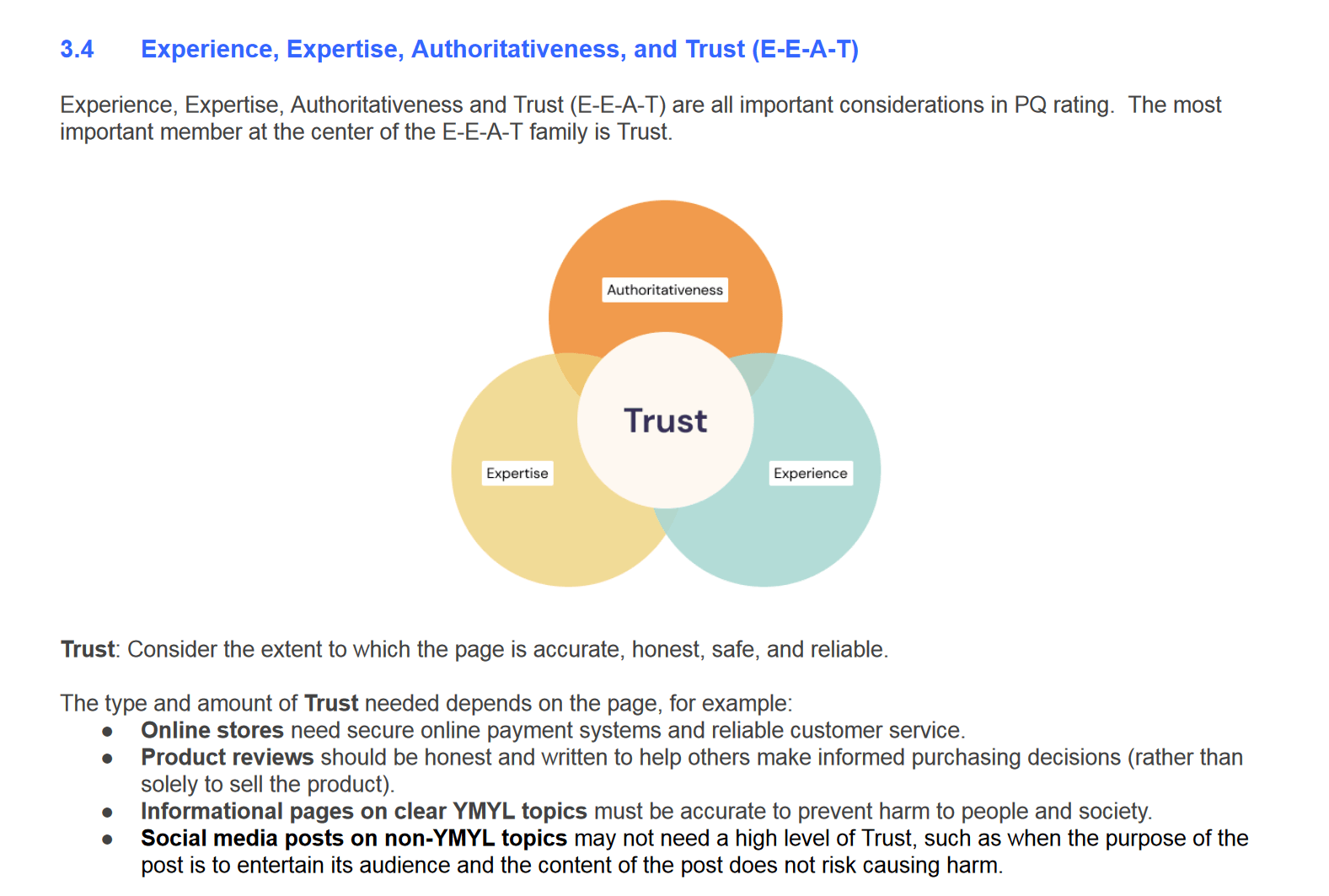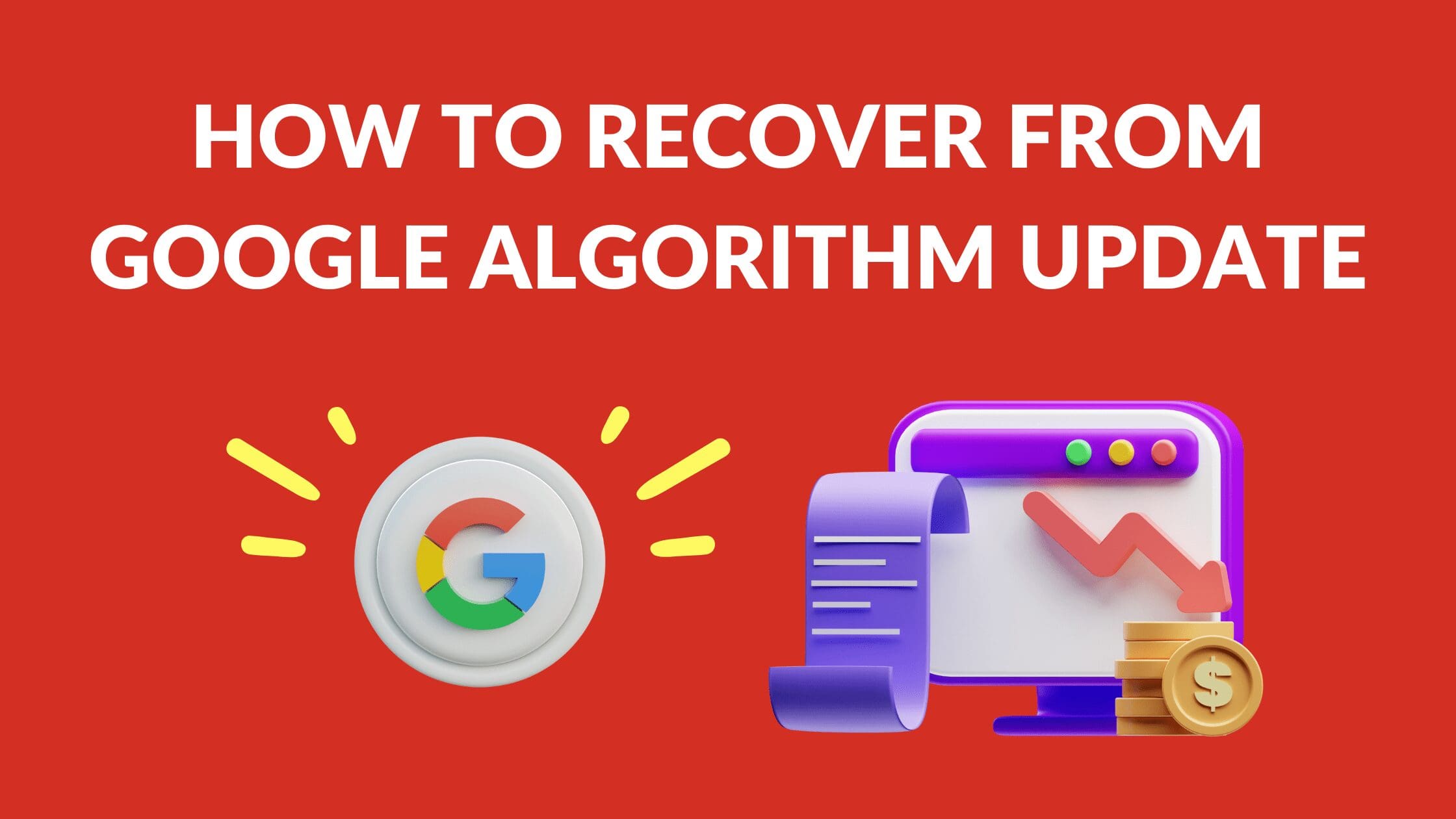Google E-E-A-T: What Is It and Why Is It Important?

Written by Casey Botticello
Disclosure: Some of the links below are affiliate links, meaning that at no additional cost to you, I will receive a commission if you click through and make a purchase. Read our full affiliate disclosure here.
In December 2022, Google updated its quality rater guidelines. Quality rater guidelines are the instructions provided to Google’s search raters, aimed at helping them evaluate the performance of Google’s search ranking systems.
While quality rater guidelines don’t directly influence ranking, they are considered by many bloggers to be useful suggestions for content creators who are trying to improve their content (both in the eyes of Google and for their readers).
Previously, these rater guidelines were governed by an acronym, EAT or E-A-T, which stood for Expertise, Authoritativeness, and Trustworthiness.
Google’s acronym has now been expanded to include a second “E” standing for Experience.
So now Google’s acronym is officially E-E-A-T, which stands for Experience, Expertise, Authoritativeness, and Trustworthiness.
You can see this change reflected in the latest search quality evaluator guidelines:

What is Experience?
Experience: Consider the extent to which the content creator has the necessary first-hand or life experience for the topic. Many types of pages are trustworthy and achieve their purpose well when created by people with a wealth of personal experience. For example, which would you trust: a product review from someone who has personally used the product or a “review” by someone who has not?

New E-E-A-T Model
Conclusion
Google in constantly adjusting its search algorithm and its search quality rater guidelines. While Google purports that factors such as E-E-A-T do not directly influence the ranking of your content, if they are adding them to the official guidelines of the people tasked with rating websites for Google, this is a pretty strong indicator that you should pay attention!
However, the addition of the second E, or “Experience” to the E-E-A-T acronym does not require content creators to make some massive changes to all their content overnight. If you generally follow best SEO practices and try to make your content as useful to readers as possible, chances are you have already included examples of personal experience throughout your blog content.




